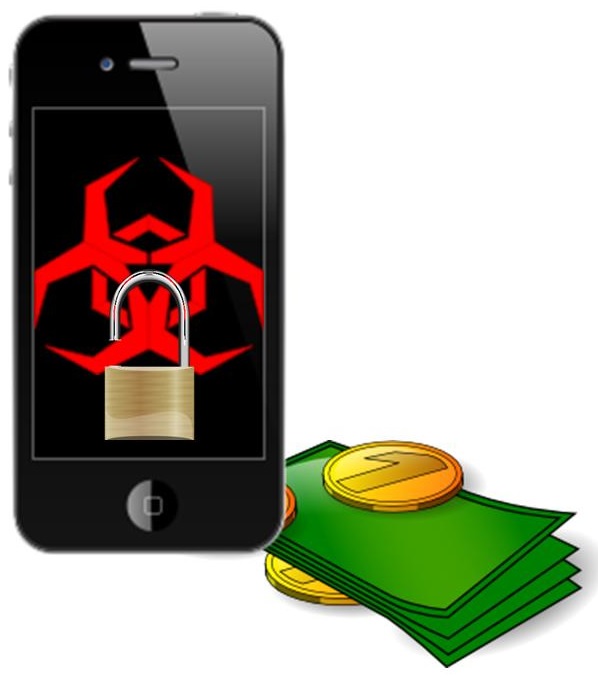The Line messaging app has opened up a partnership with Maybelline New York .
Line has just announced that it has opened up a new partnership with aCommerce, an online shopping logistics firm, as well as Maybelline New York, from L’Oreal, in order to be able to take a new step into cosmetics mobile commerce venture that will bring the latest products from the brand to Thailand.
Through this partnership, users of the Line app will receive exclusive access to flash sales held on the platform.
These cosmetics mobile commerce discount opportunities will run from December 16 through December 20. Among those who purchase the product offered during the promotional period – an item that has not yet been identified – will also be the first ones to own it, as it will be released to them before the official launch to everyone else, which will not occur until next year.
The complete cosmetics mobile commerce campaign logistics for the Maybelline Flash Sale was handled by aCommerce.
 This will include all of the products that are purchased throughout the entire length of the campaign. aCommerce will be managing everything from warehouse services, to customer service, fulfillment of returns, and everything else that is required as a part of the purchasing experience for consumers.
This will include all of the products that are purchased throughout the entire length of the campaign. aCommerce will be managing everything from warehouse services, to customer service, fulfillment of returns, and everything else that is required as a part of the purchasing experience for consumers.
Tom Srivorakul, the aCommerce CEO, stated that shoppers in Thailand are known to be cautious, as a whole, when it comes to using their credit card data online. Therefore, the company is providing an option for cash on delivery. This gives shoppers the chance to pay for the product once it has been delivered to their home or workplace.
The logistics company explained that the Line app already has 20 million Thai users. This is an increase of an incredible 2 million over their data from August. The ability to be able to access that tremendous number of users is, according to the company, a very promising and appropriate step for Maybelline as it makes its first steps into the Thailand cosmetics mobile commerce market. The hope is that this will generate the type of success that has been experience through similar efforts in the Asia Pacific region.
Cybercriminals are not missing their opportunity to take advantage of unsuspecting smartphone users.
This year, there has been a very large increase in the amount of shopping that is being conducted over smartphones, from price comparisons to actual purchases, and with this trend has come a rise in mobile commerce security issues that are leaving a bad taste in the mouths of many shoppers.
Many companies are now releasing advice and tips to help shoppers to stay safe and to protect their sensitive data.
Among those releasing mobile commerce security support information is McAfee. In fact, that company has recently produced its 12 scams of Christmas to help to underscore the importance of this problem and to alert consumers as to some of the most common forms of fraud. This can help shoppers to know what action to take to help to protect themselves from falling victim to cybercriminals this year.
Malware is causing mobile commerce security issues from a broad range of different sources.
 According to McAfee, the biggest scams from the year include the following:
According to McAfee, the biggest scams from the year include the following:
• Shopping apps that look as though they are official – especially those that come with company or celebrity endorsements, but that are meant for stealing or sharing personal information.
• Holiday SMS text messages – many carry a FakeInstaller malicious code that fool an Android device user into thinking that it is a real app installer, except that this then sends out premium rate texts from the device.
• Too good to be true gift ads – clicking on offers that are far too good to be true can install malware into the device.
• Fake seasonal travel deals – when these links are used, hackers wait for private data to be entered so that it can be stolen.
• Fake e-cards and greetings – false but real looking e-cards can install viruses and malware when opened.
• Deceptive online games – these primarily target younger users, promising full versions of popular games, installing viruses and malware when downloaded.
• Fake shipping notifications – shipping updates that appear to be from popular retailers contain malware released when opened.
• False gift cards – promoted by way of deceptive social media ads.
• Holiday SMiShing – through messages where the cybercriminal poses as a credit card company or bank and requests financial data for security purposes.
• Fake charities – asking for donations though the funds won’t go to the designated cause.
• Romance and friendship scams – messages pretending to be from known individuals but that eventually request usernames, passwords, credit card information and others.
• False online retailers – McAfee revealed earlier this year that this mobile commerce security issue affects one in five online consumers, including those using smartphones.
 This will include all of the products that are purchased throughout the entire length of the campaign. aCommerce will be managing everything from warehouse services, to customer service, fulfillment of returns, and everything else that is required as a part of the purchasing experience for consumers.
This will include all of the products that are purchased throughout the entire length of the campaign. aCommerce will be managing everything from warehouse services, to customer service, fulfillment of returns, and everything else that is required as a part of the purchasing experience for consumers.
 According to McAfee, the biggest scams from the year include the following:
According to McAfee, the biggest scams from the year include the following: